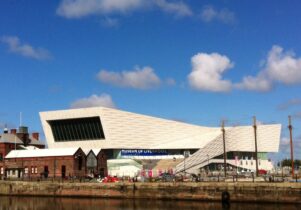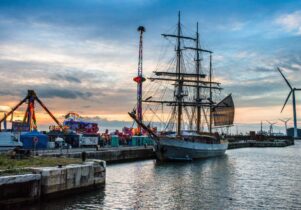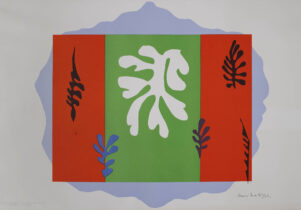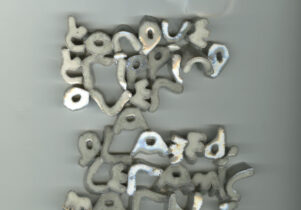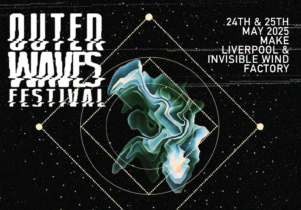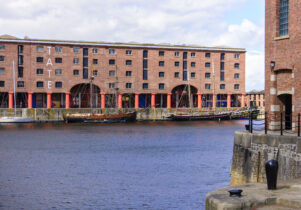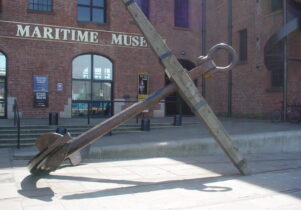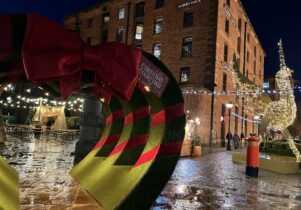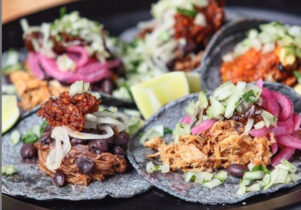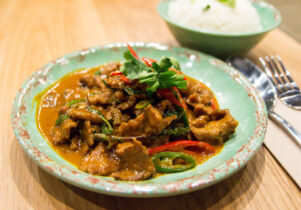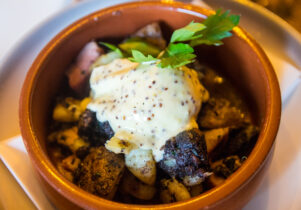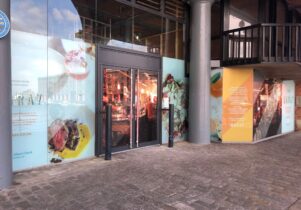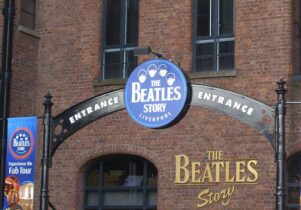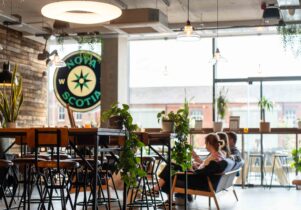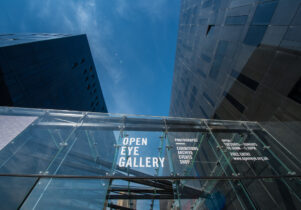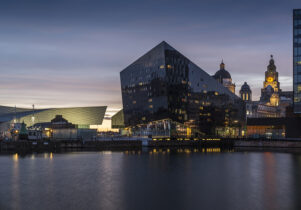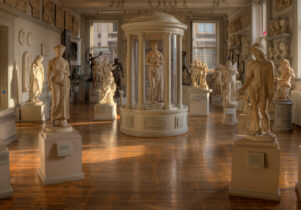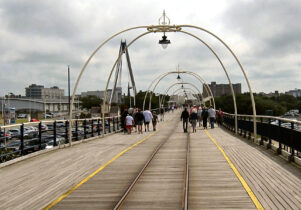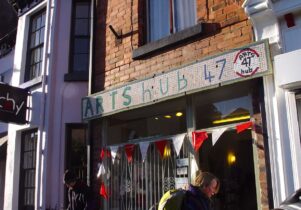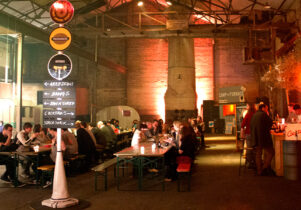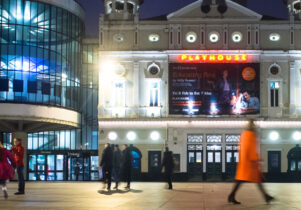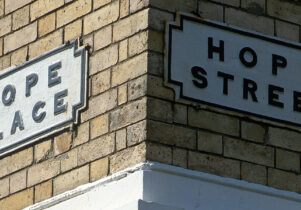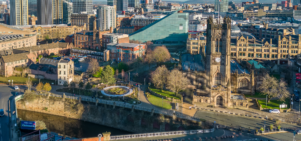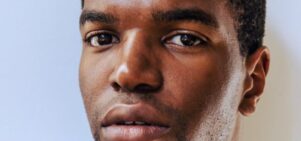International Slavery Museum
Vicky Andrews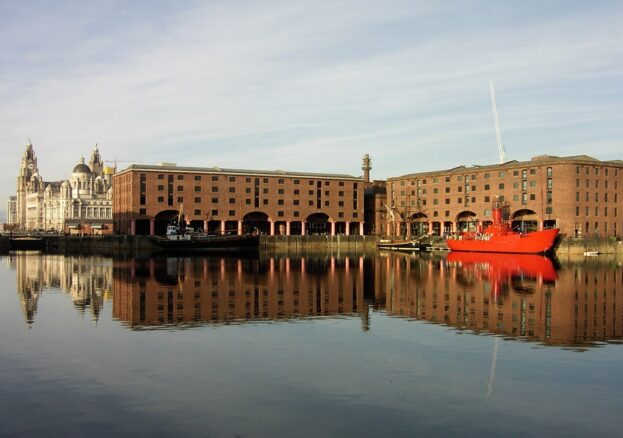
In the aftermath of the 2020 Black Lives Matter protests there were calls for an international slavery museum to be built in London. Somehow, everybody forgot that Liverpool already had one. The International Slavery Museum opened on 23 August 2007, marking the date of the annual Slavery Remembrance Day and the bicentenary of the abolition of the British slave trade.
Set within the same building as the Merseyside Maritime Museum, the International Slavery Museum looks down on the dry docks where the 18th century trading ships that transported over 1.5 million slaves were built. By the 1780s, Liverpool was the European capital of the transatlantic slave trade. Other European ports were heavily involved too, but Liverpool was responsible for half the British transatlantic slave trade, and her ships carried perhaps 1.5 million enslaved Africans into slavery.
Liverpool was at the epicentre of the transatlantic slave trade and grew rich on the back of trading in enslaved people. The names of many streets and buildings in use today can be traced back to key figures from the slave trade. The Booker Prize is another example; local historian Laurence Westgaph points out that the famous literary award is named after the Liverpool-based Booker Bros, who became incredibly rich through their use of slave and indentured labour on their plantations in Demerara. John Berger won the prize in 1972 and slammed Booker for its dark past.
In 2020, Laurence Westgaph was appointed as a historian-in-residence to ensure that an understanding of slavery is embedded across National Museums Liverpool. Going forward, the International Slavery Museum has big plans to expand as part of a 10-year transformation of Liverpool’s waterfront. The project will include a new entrance point that utilises the adjacent Dr Martin Luther King Jr Building, giving the museum a front door of its own that’s immediately visible to every visitor entering the Royal Albert Dock. This project will allow the museum to grow, develop and be central to national and global discourses, as well as making a name for itself at home and abroad.
